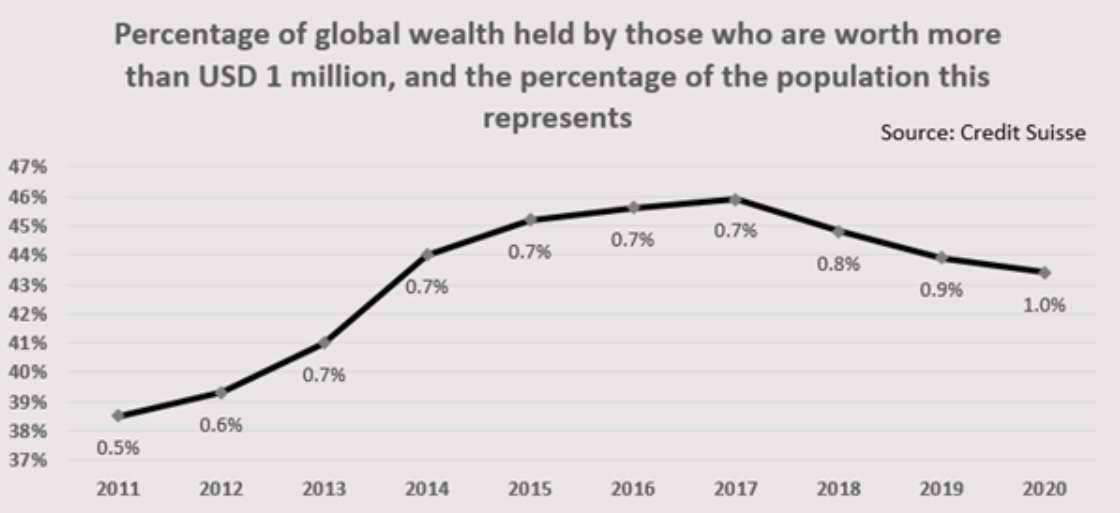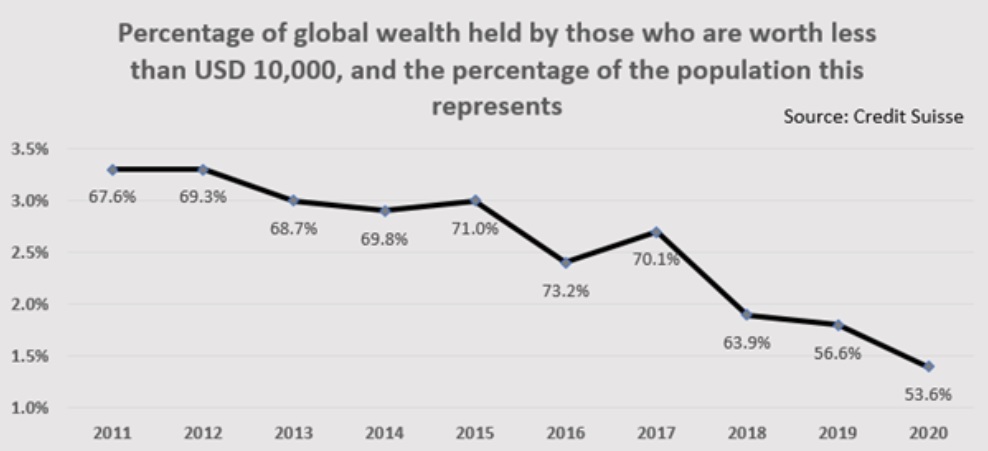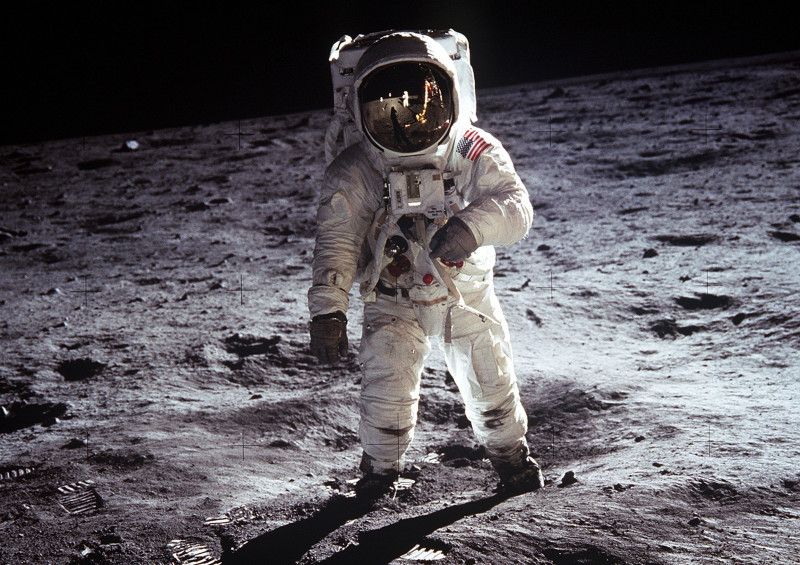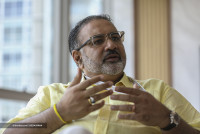
IT is almost 60 years since John F. Kennedy addressed the US congress on May 25, 1961 and said that he would like America to be the first nation to land a man on the Moon, and to do so before the end of decade.
In his address, he said: “I believe that this nation should commit itself to achieving the goal, before this decade is out, of landing a man on the Moon and returning him safely to the Earth.”
It is now a matter of history that JFK’s vision was achieved on July 20, 1969, when Neil Armstrong made history and in doing so, said these famous words: “That’s one small step for a man, one giant leap for mankind” (noting that there is some controversy over whether he said “man” or “a man”, although the overall meaning remains as profound today as it sounded at the time).
In a capitalist system, the economy is structured such that businesses and private individuals drive the economy by owning assets and providing services and products. A laissez-faire economy means no central (typically, government) control, resulting in free market capitalism, with supply and demand being the key economic drivers. Supporters of a free-market economy argue that less central control results in better business performance and, as a result, society, as a whole, benefits.
Having a fully free-market economy is usually considered to be unrealistic, and the majority (if not all) of capitalist economies have some form of government regulation. This can take many forms, such as taxation, regulatory systems and environmental controls.
In her new book, Mission Economy: A Moonshot Guide to Changing Capitalism, Mariana Mazzucato likens the challenges of landing a man on the Moon to those faced by the modern capitalist society of today. The suggestion is that capitalism is in crisis and needs resetting in order to address the significant problems that we face.
According to Credit Suisse’s Global Wealth Report 2020, 1% of the world’s population are millionaires, yet that 1% accounts for 43.4% of global net worth. By comparison, 53.6% of the world’s population have less than US$10,000 (RM40,000) net worth, yet hold less than 1.5% of global wealth.


Figures 1 and 2 show how this disparity has changed over the last 10 years. In 2011 (see Figure 1), 38.5% of global wealth was held by 0.5% of the world’s citizens. The global worth that this group held rose until 2017, when 0.7% of the population held 45.9% of the global worth. It has fallen slightly in recent years so that now, 1% of the global population holds 43.4% of global worth.
Figure 2 shows the other end of the scale. In 2011, 67.6% of the population, who each were worth less than US$10,000, held just 3.3% of global worth. In 2020, 53.6% of the population represent 1.4% of global wealth.
There is a lot more that we could take from these figures, but having almost 45% of global wealth under the control of 1% of the world’s population, some would argue, is not a good thing, and although the trend over the past few years has been declining, there is still a wide gap between the richest and poorest.
This disparity in the distribution of wealth is partly, if not largely, down to capitalism, where those at the top accumulate wealth that is not passed down to those at the bottom.
The global pandemic has made matters worse. With lockdowns and restricted movement in many parts of the world, economies have suffered as the ability to do business, buy/sell goods and deliver services has been severely impacted. There is light at the end of the tunnel, with the vaccines that are being rolled out, but Covid is likely to impact us for at least the next year, if not much further into the future.
Governments have had to react to Covid. They have had to fund PPE (personal protective equipment), introduce furloughing to protect jobs and adjust the taxation system to relieve pressure on people and companies. They have also closed schools, asked citizens to work from home and closed non-essential outlets, such as bars and restaurants. These actions have undoubtedly had an effect on the overall economy, but governments are looking to the future, in the hope that we will be better placed than if they imposed less severe restrictions today.
If Covid has taught us one thing (although it has actually taught us many things), it is that governments are able to act quickly and decisively in adjusting their financial plans to meet the needs of a nation.
Mazzucato notes that, even before Covid, we faced significant challenges and proposes that the entire system requires a complete reset. The way we address issues such as global warming, pollution, dementia, obesity, gun violence, mobility, let alone the 17 Sustainable Development Goals (SDGs) that were adopted by all United Nations member states in 2015, cannot be solved under the current capitalist structure.
What if we had the same “can do” attitude to our most pressing problems that America demonstrated in the 1960s Apollo programme? The prize, then, was to be the first country to land a man on the Moon, then returning them safely to Earth. It was a simple goal. There was little, if any consideration to return on investment, shareholder dividends or what would come after the goal was achieved. A simple, clear objective was the sole focus. That is not to say that there have not been significant benefits – everything from food security, air-traffic control safety and reducing foot odour have all been reported by Nasa as being among 2,000 spin-offs from its space programme.
The problems we need to address today are, arguably, more important than getting a man on the Moon, and if we do not address them, what will life be like for mankind in 50 years’ time?
Mission Economy: A Moonshot Guide to Changing Capitalism suggests that the capitalist system requires a fundamental restructure so that it is more inclusive and sustainable. This will require governments changing the way they operate and working more closely with the corporate sector. The corporate sector has to realise that, as capitalists, there is more to life than simply accumulating wealth so that the top 1% get richer, while the bottom 1% get poorer.
We landed a man on the Moon. Can we use the same mentality to reset our capitalist system to address the most challenging problems that face us? Mariana Mazzucato suggests we can, and her book is a must read for policymakers. – The Vibes, February 21, 2021
Professor Graham Kendall is Good Capitalism Forum chief executive. He stresses that he does not know Mariana Mazzucato and has never communicated or worked with her. He listened to the book on Audible






















